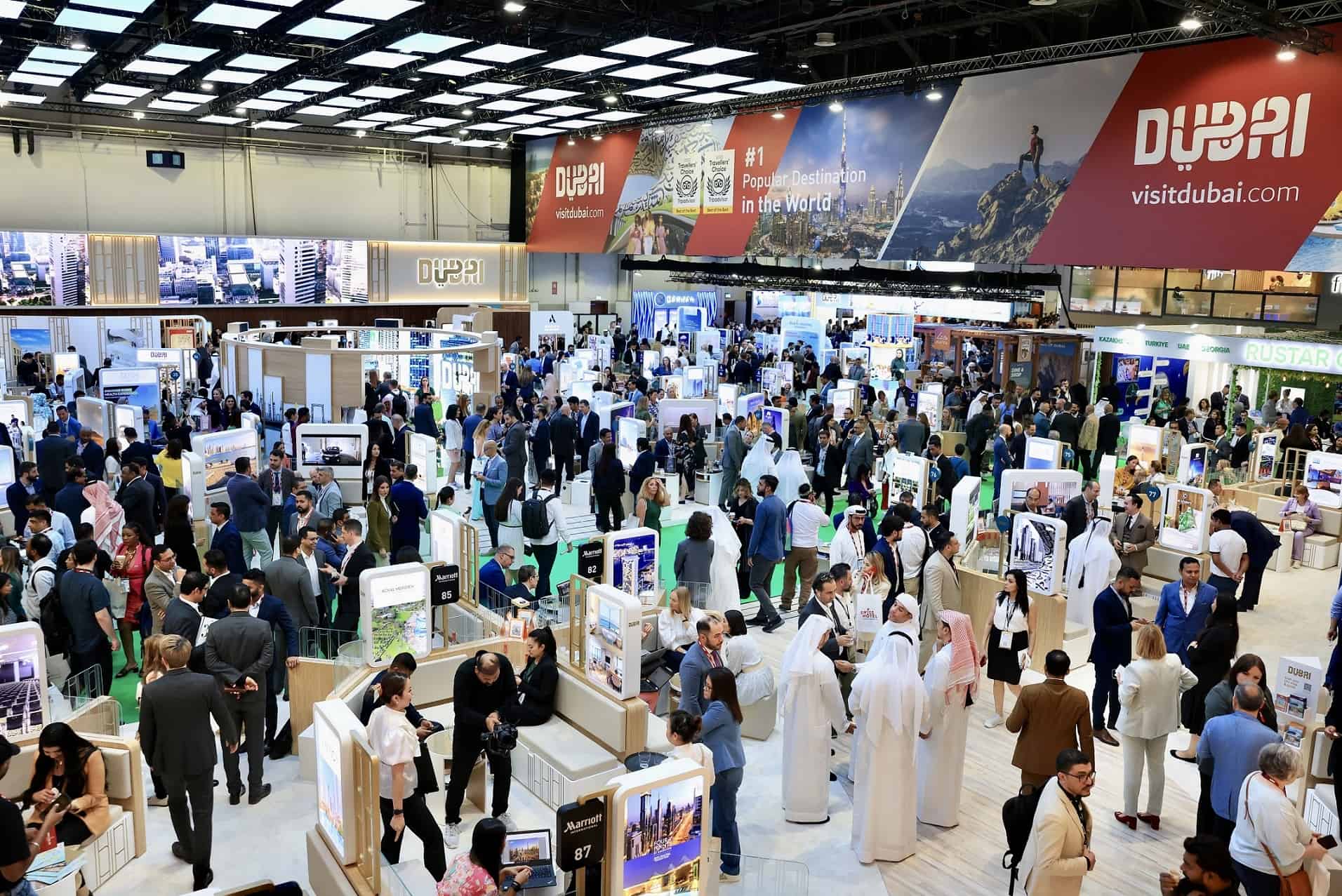DUBAI, UAE — From retail to tourism, the luxury sector in the GCC is experiencing significant growth. It is projected to reach US$11 billion in 2023, up from US$9.7 billion in 2022, representing an overall growth rate of 15 percent.
Moreover, the region is actively developing its infrastructure and programs to establish itself as a major tourist destination in the coming decades.
GCC countries leverage several advantages to boost their tourism sector. These include their strategic location, well-connected infrastructure, a growing array of modern attractions such as the world’s tallest building, and a focus on eco-friendly interests and activities.
Simultaneously, international tourists visiting countries like the UAE are drawn to major sporting events like the Abu Dhabi F1, Dubai World Cup, and Dubai Tennis Championships, Oliver Kent, Managing Director of ZK Sports & Entertainment, told TRENDS in an interview.
While the GCC tourism sector may face increased competition from other regions globally, countries like Saudi Arabia and the UAE are continuously innovating and expanding their offerings. These efforts aim to attract luxury-seeking visitors from around the world, according to Kent.
However, the process of attracting a larger number of visitors might require some countries to gradually adopt a more Western-style lifestyle, potentially conflicting with conservative norms and traditions. Consequently, the sector’s growth may face some delays.

Sustainable travel is gaining prominence, with 61 percent of the population expressing willingness to spend a significant amount on responsible, environmentally friendly, and sustainable tourism experiences. According to YouGov’s White Paper 2023, Luxury Travel After the Pandemic, one in ten consumers have stayed in eco-friendly and sustainable luxury accommodations over the past three years. The trend is particularly noticeable among high-income travelers, with a 50 percent increase in premium sustainable hotel room rates during the same period.
The UAE leads the global rankings in terms of the value attributed to excursions, with nearly two-thirds (58 percent) of respondents stating that travel has become more important to them since the Covid-19 pandemic. Regarding luxury travel priorities, a quarter of the UAE population seeks premium entertainment experiences, while 19 percent prioritize quality accommodations when booking flights.
Tourism in Saudi Arabia has witnessed tremendous growth, with Kent citing firsthand experiences while working on the three Saudi Formula 1 Races since its inception in 2021. Saudi Arabia boasts incredible diversity, featuring vast mountain ranges, stunning diving spots along the Red Sea, expansive desert areas with beautiful dunes, and dynamic cities undergoing daily transformations.
Several major ongoing projects, including the Red Sea Project, Neom, and Qiddiya, aim to attract significant numbers of visitors from within and outside Saudi Arabia and the GCC. Kent emphasizes that Saudi Arabia offers endless possibilities, whether one seeks a Maldivian-style holiday or a majestic trip to Alula.
Despite the resumption of international travel, domestic travel demand remains robust in Saudi Arabia, as indicated by Almosafer’s analysis. In the current year, domestic bookings accounted for 56 percent of overall bookings, compared to 47 percent during the same period in 2019, before the pandemic.
Makkah, Riyadh, Jeddah, Dammam, and Abha are the dominant destinations for domestic travel, while popular destinations within the Kingdom include Al-Ula, Taif, and Najran. Dubai continues to maintain its position as a top international destination for Saudi travelers.
According to a recent report by Almosafer on travel trends for Saudi travelers, the cities of Dubai, Cairo, London, Istanbul, and Doha ranked as the best international destinations. Additionally, Doha has remained appealing to Saudi travelers as a leisure destination, even after the conclusion of the World Cup in the last quarter of 2022.

